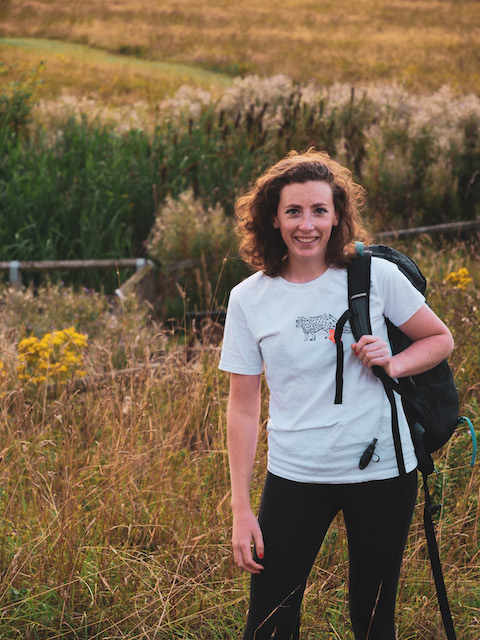Research Interests
I have a longstanding interest in wildlife conservation and reintroduction biology, and I am interested in how we can apply conservation genetics techniques to manage and recover small populations.
Working alongside CASE partner Cheshire Wildlife Trust my PhD project is focused on understanding the genetic status and distinctiveness of Cheshire’s water vole population. As one of the UK’s fastest declining mammals, this information will assist with designing suitable recovery strategies for the species.
I am looking to utilise non-invasive approaches to collect DNA samples in order to a) Assess genetic variability and degree of inbreeding within remnant water vole populations in Cheshire b) Test the negative impact of relatedness and inbreeding on reproductive maturation, survival and productivity, while also taking vole social and sexual responses into account, and c) Establish the genetic distinctiveness of Cheshire water voles compared to other regions around the UK
Education and Career
BSc Conservation Biology & Ecology - University of Exeter (2013 - 2016)
Monitoring and Surveying Trainee - Cheshire Wildlife Trust (2016 - 2017)
Micheal Hearn Intern - Save the Rhino (2017 - 2018)
MRes Biological Sciences (Wildlife Behaviour and Conservation) - University of Chester (2018 - 2019)
Zoo Ranger, Conservation Education and Engagement - Chester Zoo (2019 - 2021)
NERC ACCE DTP PhD studentship, Mammalian Behaviour and Evolution Group, University of Liverpool (2021 – 2025) Supervisors: Prof. Jane Hurst, Prof. Paula Stockley and Prof. Steve Paterson
Publications
Phillips, S., Geary, M., Allmark, M., Bennett, S., Norman, K., Ball, R., Peters, C.M., & Muir A.P. (2020). The importance of long-term genetic monitoring of reintroduced populations: inbreeding in the natterjack toad (Epidalea calamita). Herpetological Journal, (Volume 30, Number 3), pp.159-167.
Back to: Mammalian Behaviour and Evolution
